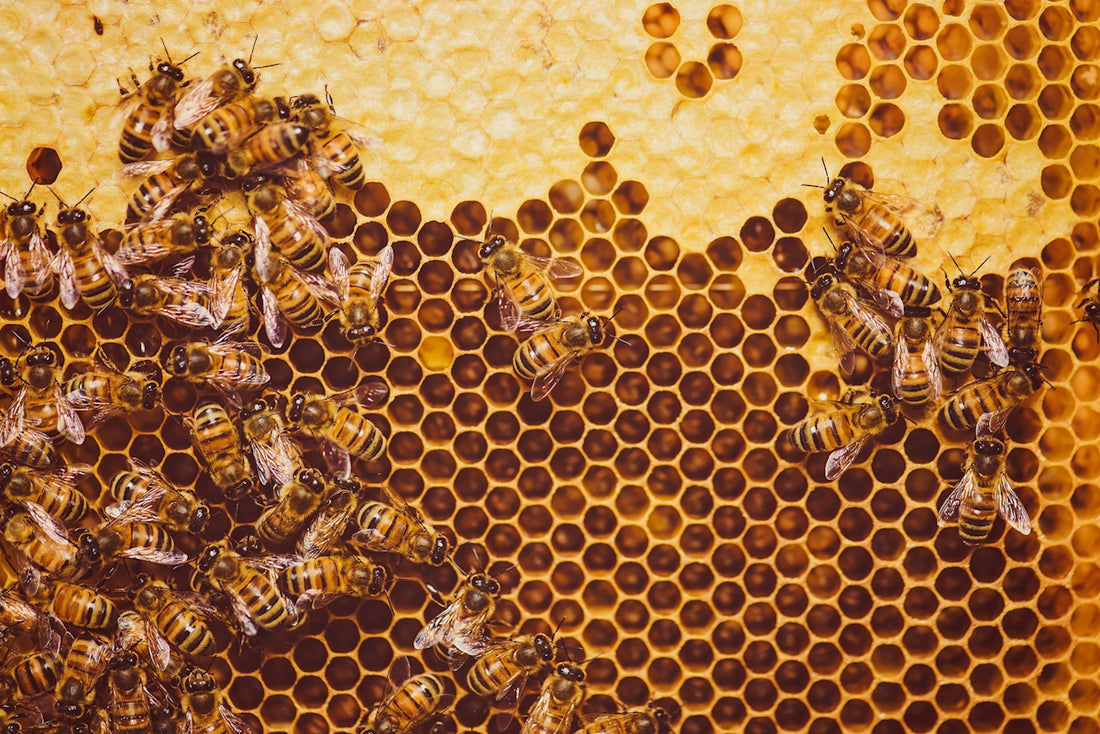Bees play a vital role in agriculture, particularly on farms, due to their pollination services. Here are some benefits of bees on farms:
- Pollination: Bees are essential pollinators for many crops, including fruits, vegetables, nuts, and oilseeds. Their role in pollination increases crop yield and quality. Without bees, the production of these crops would significantly decrease, impacting food availability and diversity.
- Biodiversity: Bees contribute to the overall biodiversity of the farm ecosystem. They interact with various plant species, aiding in their reproduction and supporting a healthy balance within the ecosystem.
- Ecosystem Services: Beyond crop pollination, bees provide essential ecosystem services such as soil health improvement, nutrient cycling, and habitat creation. Their activities contribute to the overall sustainability and resilience of farm ecosystems.
- Economic Value: The pollination services provided by bees have significant economic value. Farmers who keep hives or maintain bee-friendly habitats on their farms often see increased crop yields and quality, leading to higher profits.
- Diversification: Incorporating beekeeping into farming operations can diversify income streams for farmers. Honey production, beeswax, and other bee-related products can provide additional revenue sources.
- Environmental Sustainability: Farms with healthy bee populations often employ sustainable farming practices. Protecting bee habitats and minimizing pesticide use not only benefits bees but also contributes to environmentally friendly farming practices.
Overall, bees are indispensable allies for farmers, supporting agricultural productivity, biodiversity, and environmental sustainability.

